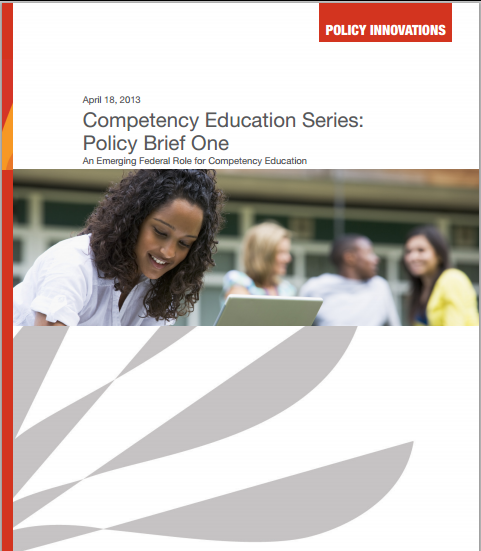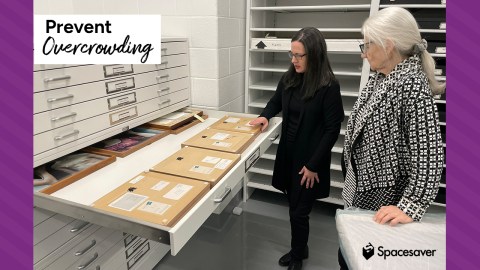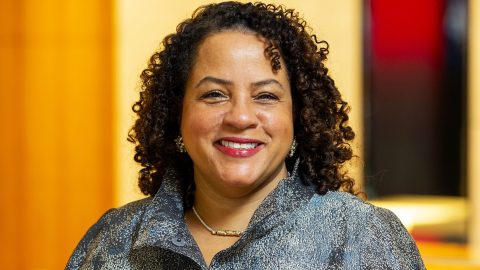
CFM has been exploring the future of education in papers, presentations, stories and blog posts. Sometimes we look at mainstream futures (such as Naomi Coquillon’s recent post on museums & the Common Core curriculum standards). Sometimes we look at why, and how, the learning landscape of the US may be radically different in coming decades. Today we feature a report that treads what I would characterize as treading a middle path—outlining how we could reform the current system while challenging some of the core assumptions that handicap traditional schools. Today’s guest post is by Lillian Pace, KnowledgeWorksFoundation’s senior director of national policy, who introduces KnowledgeWorks’ first policy brief—a 25 page document I recommend to your attention.
Over the past year, two words seem to dominate conversation about the future of our education system: competency education. CompetencyWorks defines competency education as:
- Students advancing uponmastery.
- Competencies includingexplicit, measurable, transferable learning objectives that empowerstudents.
- Assessments are meaningfuland positive learning experiences for students.
- Students receiving timely,differentiated support based on their individual learning needs.
- Learning outcomes emphasizingcompetencies that include application and creation of knowledge, alongwith the development of important skills and dispositions.
A growing number of states have begun serious conversations about how to transition to a system that ensures students get the supports and extra time they need to master academic content andtransferrable skills. As more states and districts explore ways to make this transition, there is an opportunity for museums to be a very important partner in this work.
 In KnowledgeWorks’ first policy brief on competency education, An Emerging Federal Role for Competency Education, we outline a competency education continuum charting a district’s shift from a traditional education system to one based on competency across several different factors including school culture, learning pace, and instruction. It is in these areas that museums can have the most impact. By partnering with districts and schools to create individual learning pathways, customized supports, and accelerated opportunities based on student interests, learning styles, and real-time data, museums have the opportunity to be part of a solution that will enable every child to meet and exceed his or her potential.
In KnowledgeWorks’ first policy brief on competency education, An Emerging Federal Role for Competency Education, we outline a competency education continuum charting a district’s shift from a traditional education system to one based on competency across several different factors including school culture, learning pace, and instruction. It is in these areas that museums can have the most impact. By partnering with districts and schools to create individual learning pathways, customized supports, and accelerated opportunities based on student interests, learning styles, and real-time data, museums have the opportunity to be part of a solution that will enable every child to meet and exceed his or her potential.The success of the competency movement depends heavily on districts and schools being able to work with community partners as they design education systems that put students at the center by accommodating each student’s interests and learning styles. We hope this brief sparks lots of conversation toward this end.
Stay tuned for another policy brief that dives deeply into providing multiple pathways to student success through competency education including how community-based learning can support continued innovation.
Competency Education challenges federal accountability and assessment policies that hinder schools from making full use of museum resources. These include reliance on standardized testing requirements that narrow instructional focus and time in dysfunctional ways and assume that students will all learn at the same pace. The policy brief outline shifts that would support the creation of personalized learning systems that enable students to build museum resources into individualized learning plans. This hints at a future in which learning outside the classroom is explicitly valued as part of the educational system—a future in which museums can be equal players in the learning landscape.








